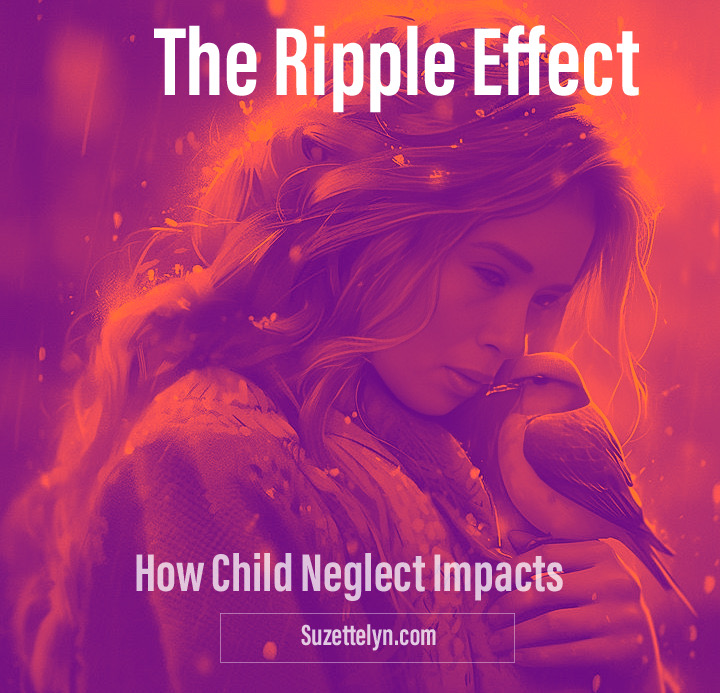
Imagine a garden where seeds are meant to flourish, each plant representing a healthy relationship. Now, picture a neglected garden, where seeds struggle to grow. This analogy holds true for the profound impact child neglect can have on our relationships.
The Roots of Connection: Early Years Matter
In the garden of relationships, the early years serve as the foundation. Child neglect, like a weed, can disrupt these formative years. When children don’t receive the emotional nourishment they need, the roots of trust and security struggle to anchor.
The Growing Divide: Emotional Distance
Just as a neglected plant might wilt, individuals who experienced neglect as children may face challenges in forming deep emotional connections. Trust issues and a sense of emotional distance can emerge, creating a growing divide between partners.
Fertile Ground for Miscommunication: Lack of Emotional Skills
Child neglect can impact the development of emotional skills. Like flowers that need sunlight, relationships thrive on effective communication. When individuals lack the emotional tools to express themselves, misunderstandings can bloom in the fertile ground of miscommunication.
Weathering the Storm: Coping Mechanisms and Relationship Strain
Neglect survivors often develop coping mechanisms to navigate life’s challenges. In relationships, these coping strategies might manifest as emotional withdrawal, making it challenging for partners to weather the storms together. The strain on the relationship becomes palpable.
Nurturing New Growth: Seeking Support and Healing
The good news is, just as a garden can be revitalized, relationships can too. Seeking support, whether through therapy or open communication, becomes the nurturing water for new growth. Recognizing the impact of neglect allows individuals and partners to embark on a healing journey together.
Cultivating Resilience: Building Stronger Bonds
In the garden of relationships touched by neglect, resilience becomes the gardener’s tool. Acknowledging past wounds and actively working to cultivate emotional resilience can strengthen the bonds between partners, fostering a more vibrant and enduring connection.
Conclusion: Tending to the Garden of Relationships
Child neglect casts a shadow, but it doesn’t have to define the entire garden of our relationships. By acknowledging the impact, seeking support, and actively nurturing emotional growth, individuals can transform the landscape, creating a garden where love, trust, and connection can truly flourish. In tending to the garden of relationships, we cultivate the potential for a beautiful and resilient connection that withstands the test of time.
